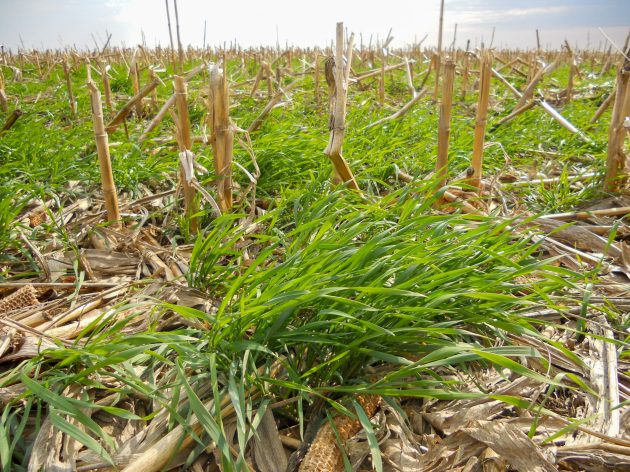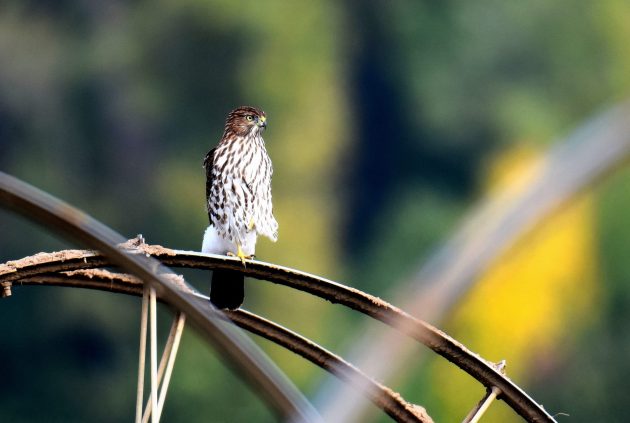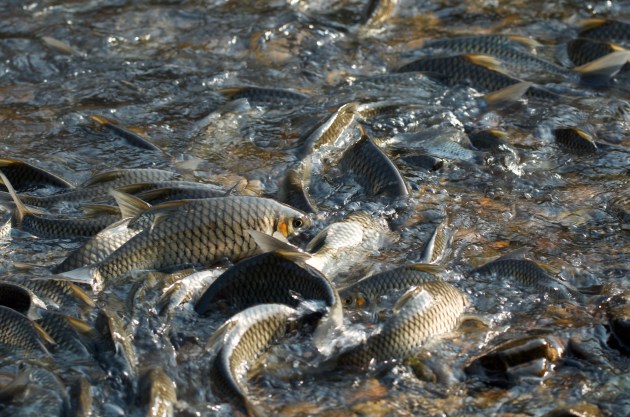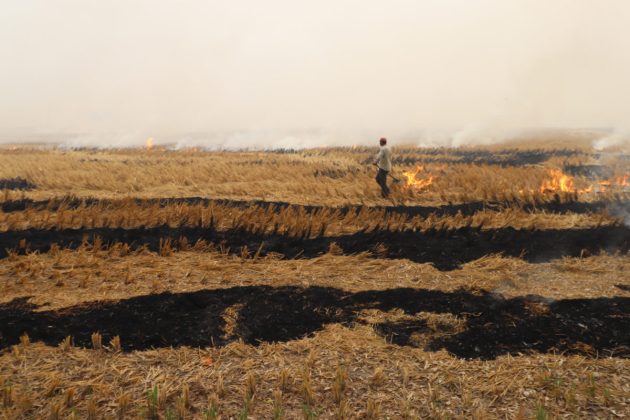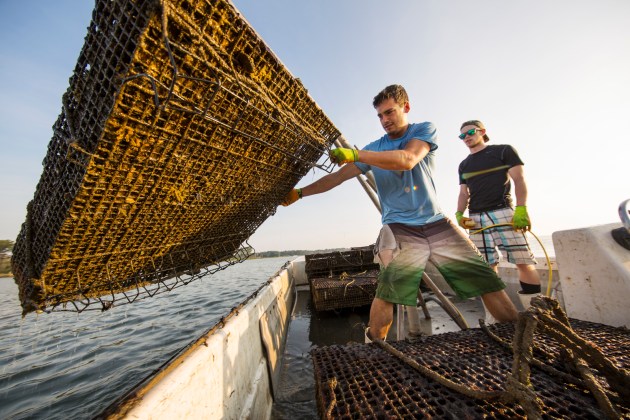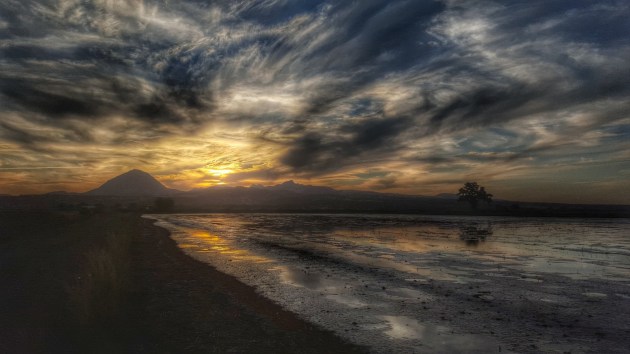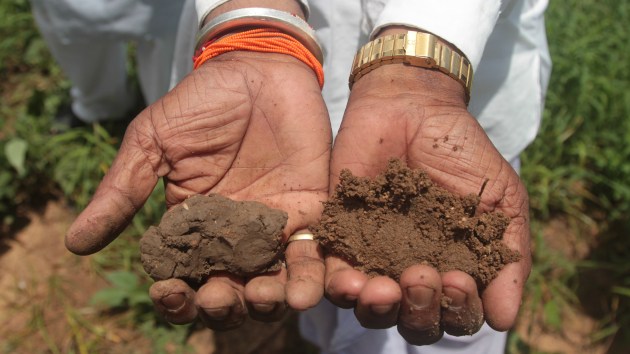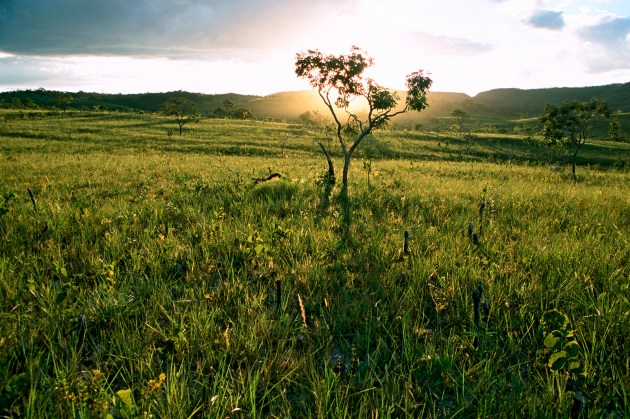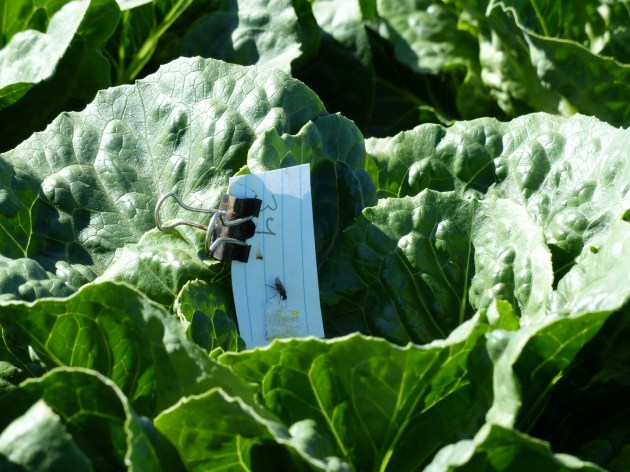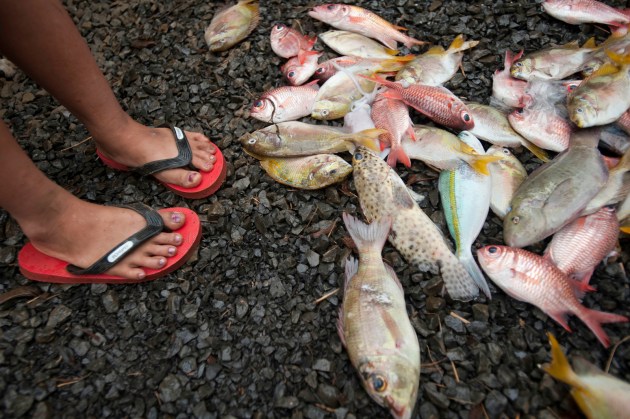Discover stories in Provide Food & Water Sustainably
Science Shows Cover Crops Increase Soil Health
Soil scientists find evidence of soil health improving in the first few years of cover crop use on farms.
Linking Birds, Farmer Attitudes and Conservation
A new paper examines how farmer attitudes towards birds affect on-farm conservation practices.
Can Freshwater Reserves Protect Tropical Fish Diversity?
A new paper details the conservation success of community-led freshwater reserves in Thailand.
Fields on Fire: Can Agricultural Alternatives Mean Cleaner Air in India?
Agriculture burning contributes significantly to air pollution in India, a country with some of the least healthy air in the […]
Aquaculture Could Be Conservation’s Secret Weapon
Aquaculture has vast potential as a tool for conservation, providing food for people while benefiting the environment.
Bumper-Crop Birds: Pop-Up Wetlands Are a Success in California
By partnering with rice farmers in California, the Conservancy is transforming fields into pop-up wetlands for migrant shorebirds, yielding the largest average shorebird densities ever reported for agriculture in the region.
Building Drought Resilience in India’s Water Stressed Regions
A holistic approach to improving drought resilience in India has the potential to not only enhance water security but also create healthy wildlife habitat.
The (Fishery-Monitoring) Cameras Never Blink
We live in a time of unprecedented innovations to solve the Gordian Knot of sustainable fisheries: the lack of data.
Scaling-Up Agricultural Planning for Conservation in the Brazilian Cerrado
Nature Conservancy scientists have found that landscape-scale impact mitigation in Brazil offers significant benefits for conservation, without adding substantial cost increases for commercial agricultural producers.
Nature Doesn’t Hurt Farmers, It Helps
If removing habitat from farms doesn’t improve food safety, are other practices equally as ineffective, or worse, potentially damaging to farmers? A new study says yes.
The Path to Sustainable Fisheries is Paved with Data
The SNAPP Data-Limited Fisheries Working Group is field testing a user friendly application that puts management and science-based sustainability within the reach of small-scale and data-limited fisheries.
